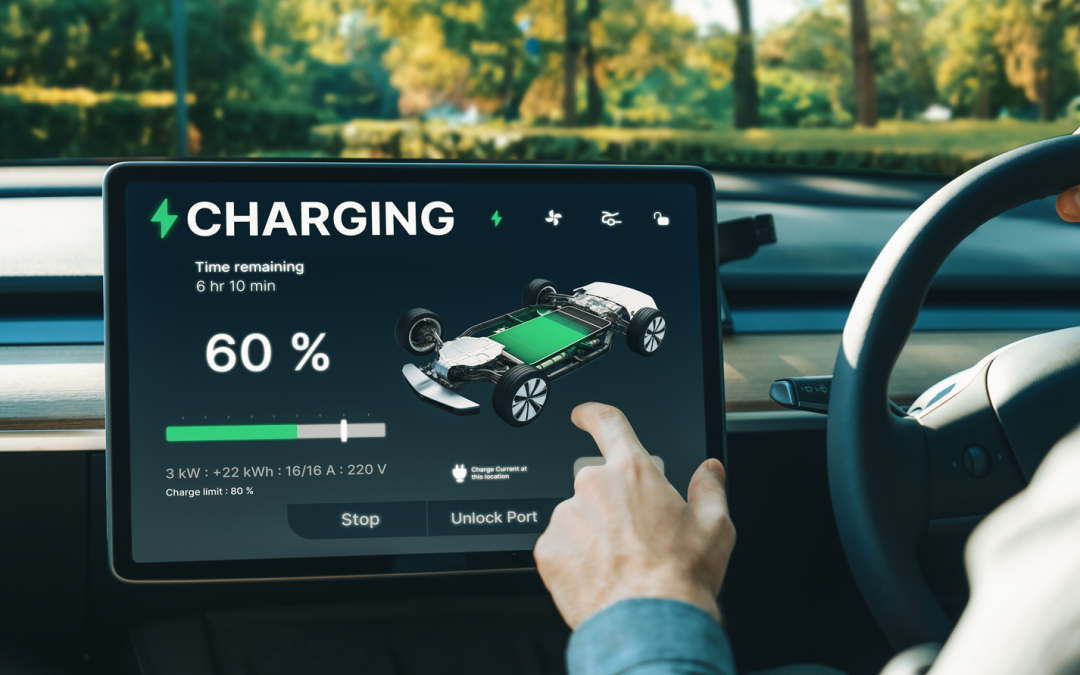If you’re considering an electric vehicle (EV) but feel hesitant due to concerns about range, it’s time to put those worries to rest. The fear of running out of battery power, commonly known as range anxiety, is becoming outdated as charging networks grow and battery technologies advance. In fact, many experienced EV drivers in the UK argue that the real issue isn’t the car’s range but the availability of public charging stations.
When you purchased your petrol or diesel car, did you stress about how far you could drive on a single tank of fuel? For most drivers, the answer is no – you likely based your decision on factors like miles per gallon (mpg) rather than constantly fretting over range. In the same way, as battery technology improves, range anxiety is steadily becoming less of a significant concern.
So, how far can you actually travel on a single charge with an electric vehicle? The answer depends on the make and model of the car, as well as its battery capacity. Currently, electric cars offer a range anywhere between 100 and 300 miles on a full charge, depending on the battery size.
Take the Nissan Leaf, the UK’s most popular EV. It provides up to 168 miles on a single charge with a 40kWh battery, while the Leaf e+ model extends that range to 239 miles thanks to a larger 62kWh battery. Meanwhile, the Volkswagen ID.3 Pro S 77kWh model delivers an impressive 336 miles on one charge. Other models, such as the Honda E, cover a more modest 137 miles, while the Tesla Model S Long Range boasts a massive 412 miles, making it a leader in terms of range.
However, these figures aren’t set in stone. Just like a petrol car’s fuel efficiency can vary depending on driving habits and road conditions, the actual range of an EV can be influenced by several factors. For instance, the battery’s age, much like the battery in your phone, affects its capacity over time. Driving style, the terrain, weather, and the battery size also play a role. Typically, a larger battery (measured in kilowatt-hours or kWh) provides a longer range, but it also adds more weight, which is why some smaller EVs opt for smaller batteries to maintain efficiency.
But does range anxiety really hold up for the average driver? In reality, not so much. Most EV owners charge their cars overnight at home, which is not only convenient but also the cheapest way to keep your vehicle powered. Furthermore, the UK’s charging infrastructure is growing quickly, with over 10,000 rapid charging connectors available at more than 2,800 locations, ensuring that long-distance travel is easier than ever.
It’s also worth mentioning that it’s recommended to take breaks after driving for about three hours, making it the perfect opportunity to top up your battery while resting. This aligns with safe driving practices and adds convenience to EV journeys.
In summary, while range is undoubtedly an important factor when deciding on an electric vehicle, it’s not the only consideration. The cost, charging time, and efficiency in terms of miles per kWh are equally significant. As the technology continues to develop, range anxiety will increasingly become a non-issue, with electric cars soon able to cover even greater distances on a single charge. So, if you’re contemplating making the switch to an EV, rest assured – the future of electric driving looks promising and hassle-free.
